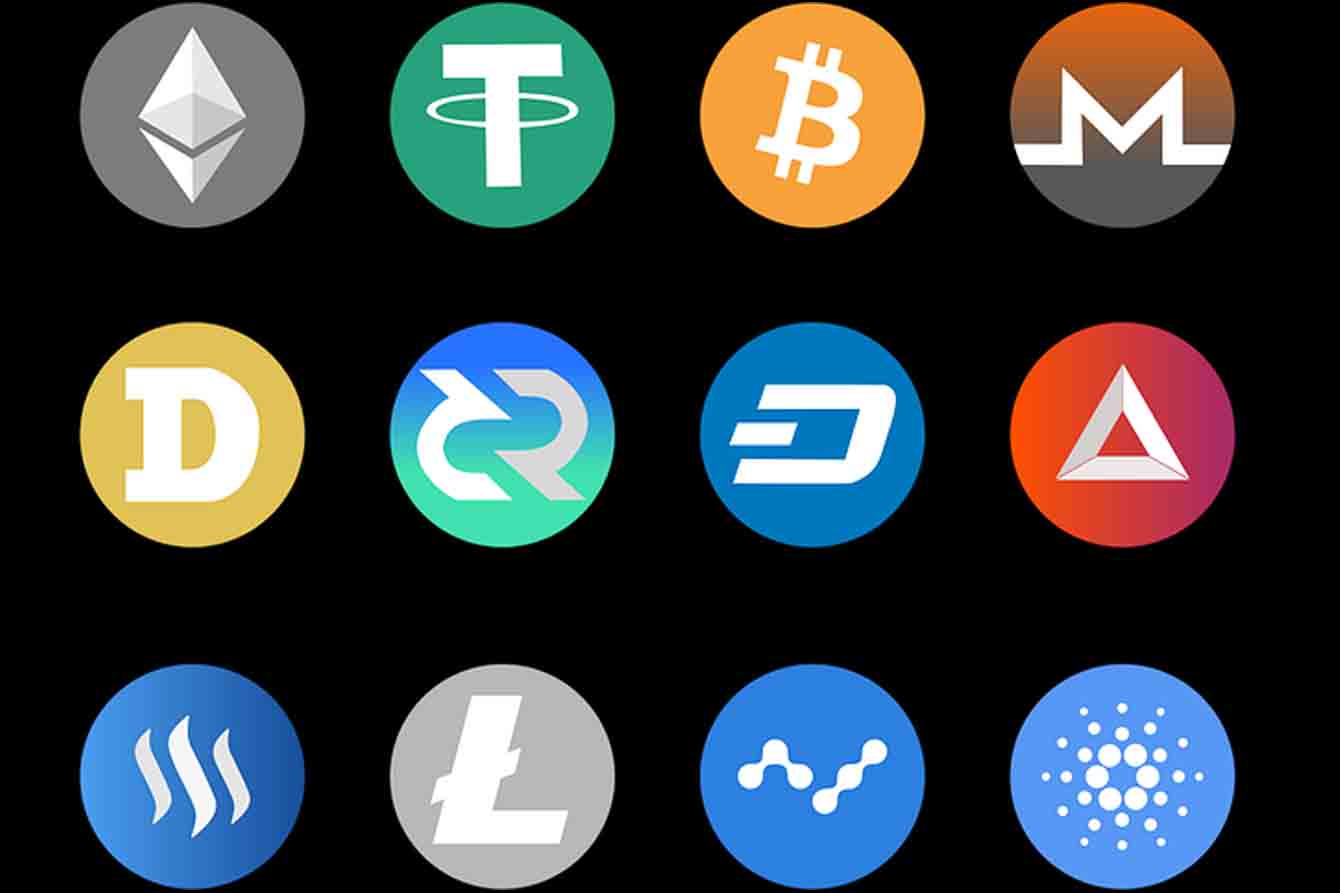Decentralized market is the outcome of technology adoption, improved network security, and digitization. One must first know what a centralized market is, to understand a decentralized market. Before technology was so prevalent, buyers and sellers used to trade goods at a designated location. A crude example of this can be a wholesale market, where retailers come to buy goods and sellers come to sell them. Thus, there was a physical central exchange where trades happened. With the advent of technology, this physical space can be accessed from any place of the seller and buyer choosing, without physically being present. Thus, technology has made it possible to trade from the confines of our space by simply logging into the market and placing our trades. This is the idea of what a decentralized market is.
So, to put it in crisper terms, a decentralized market is a market that is technology-enabled, permitting investors (buyers and sellers) to directly trade with each other, without the need to operate from within a physical central exchange. It is a market structure that is made up of a network of necessary technical tools, which provide the investor’s access to various bidding, place a trade, study patterns, and makes it possible to directly deal with other investors. Thus, this kind of market needs digital devices and communications in place to enable the investor (buyer or seller) to operate in real-time. Such an arrangement is extremely beneficial for buyers, sellers that allow them to trade securities without being located at the same place. Real estate is a classic example of decentralized market, where there is no central exchange or meeting point for buyers and sellers to meet, rather the buyer directly deals with the seller. Trading of Cryptocurrencies operated in the Virtual market is also another form of Decentralized market. Another example of a decentralized market is the Forex Market, where the buyer and seller can execute their trades sitting at home, without needing to go anywhere. Simply stated, a decentralized market rules out the concept of a clearinghouse!
A decentralized market has its advantages and disadvantages. A few of those are listed discussed below,
Pros:
- There is a belief amongst users that as there is no central exchange or a clearinghouse, thus there is no single data repository. It reduces the risks which are posed by hackers as they cannot infiltrate a non-existent exchange, and thus they cannot steal the digital information of users.
- A decentralized market makes for transparent operations between the buyer and sellers, as the technology ensures that all concerned parties share information and data that is on mutual agreement.
- As a centralized exchange is absent, thus the buyers and sellers are rid of the regulatory requirements or third-party intervention. Also, the absence of a third-party regulator ensures a lower operating cost, which benefits the buyer and seller directly.
Cons:
- Although the absence of a market regulator has been listed as a benefit, however as there is no regulator it might lead to confusion, absence of a legal framework for operations, inability to monitor the transaction, and more importantly, non-availability of authority for mediation.
- Decentralized markets allow for more fraudulent activities due to the absence of regulators.
Make sure to contact our experts that would you in getting hold of the clear idea about the stock market.
Author









